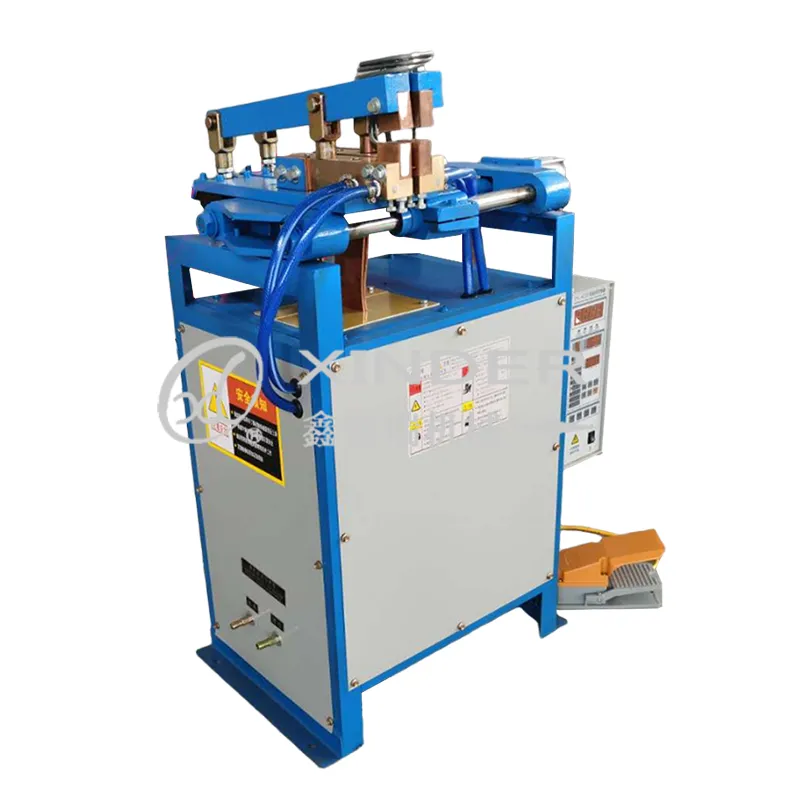-
 8613931787312
8613931787312 -
 Botou Industrial Zone on the east side of National Highway 104, Botou City, Hebei Province
Botou Industrial Zone on the east side of National Highway 104, Botou City, Hebei Province
- Afrikaans
- Albanian
- Amharic
- Arabic
- Armenian
- Azerbaijani
- Basque
- Belarusian
- Bengali
- Bosnian
- Bulgarian
- Catalan
- Cebuano
- Corsican
- Croatian
- Czech
- Danish
- Dutch
- English
- Esperanto
- Estonian
- Finnish
- French
- Frisian
- Galician
- Georgian
- German
- Greek
- Gujarati
- haitian_creole
- hausa
- hawaiian
- Hebrew
- Hindi
- Miao
- Hungarian
- Icelandic
- igbo
- Indonesian
- irish
- Italian
- Japanese
- Javanese
- Kannada
- kazakh
- Khmer
- Rwandese
- Korean
- Kurdish
- Kyrgyz
- Lao
- Latin
- Latvian
- Lithuanian
- Luxembourgish
- Macedonian
- Malgashi
- Malay
- Malayalam
- Maltese
- Maori
- Marathi
- Mongolian
- Myanmar
- Nepali
- Norwegian
- Norwegian
- Occitan
- Pashto
- Persian
- Polish
- Portuguese
- Punjabi
- Romanian
- Russian
- Samoan
- scottish-gaelic
- Serbian
- Sesotho
- Shona
- Sindhi
- Sinhala
- Slovak
- Slovenian
- Somali
- Spanish
- Sundanese
- Swahili
- Swedish
- Tagalog
- Tajik
- Tamil
- Tatar
- Telugu
- Thai
- Turkish
- Turkmen
- Ukrainian
- Urdu
- Uighur
- Uzbek
- Vietnamese
- Welsh
- Bantu
- Yiddish
- Yoruba
- Zulu
automatic argon welding machine
Automatic Argon Welding Machines Revolutionizing Welding Efficiency
In the world of industrial machining, the development of advanced welding technologies has significantly transformed production processes. Automatic argon welding machines, commonly known as TIG (Tungsten Inert Gas) welders, have emerged as a vital innovation. These machines utilize a non-consumable tungsten electrode to produce a weld and shield the area using inert argon gas, providing a clean and precise weld finish. As industries increasingly demand high-quality and efficient welding solutions, automatic argon welding machines are proving to be game-changers.
Precision and Control
One of the primary advantages of using automatic argon welding machines is the unmatched precision they offer. In manual welding, variability in technique can lead to inconsistencies, but automatic systems help maintain uniformity, which is crucial in high-stakes applications such as aerospace, automotive, and medical device manufacturing. The automation aspect allows for fine-tuning of parameters such as current, speed, and feed, ensuring that the welding process is executed with a level of precision that manual methods cannot achieve.
Improved Productivity
In an era where time equals money, productivity is paramount. Automatic argon welding machines drastically enhance productivity by reducing the time required for welding tasks. The automation process minimizes interruptions, such as the need for operators to recalibrate settings or pause between welds. Moreover, these machines can operate continuously, allowing for higher output in a shorter timeframe. As a result, companies can achieve faster turnaround times, meeting the growing demands of their customers without compromising quality.
Enhanced Weld Quality
automatic argon welding machine

Quality assurance is a key factor in welding applications, and automatic argon welding machines deliver superior results. The inert argon gas environment prevents the oxidation of the weld pool, resulting in cleaner and stronger welds that are critical for structural integrity. This is particularly important in fields requiring high weld quality standards, such as shipbuilding and construction. Additionally, the consistent heat distribution provided by automatic machines helps prevent defects such as warping or burn-through, which are more common in manual welding settings.
Versatility of Applications
The versatility of automatic argon welding machines is another compelling reason for their growing popularity. They can be utilized across a wide range of materials, including aluminum, stainless steel, and titanium, making them an ideal choice for industries that require diverse material handling. The ability to adapt to different welding requirements means that manufacturers can standardize their welding processes using a single technology, ultimately simplifying training and operational protocols.
Cost-Effectiveness
While the initial investment in automatic argon welding machines may be higher than traditional manual methods, the long-term savings can be significant. With increased productivity, reduced labor costs, and lower defect rates, companies often find that these machines pay for themselves over time. Additionally, the enhanced longevity of welds reduces the need for rework and repairs, further solidifying the cost-effectiveness of this investment.
Conclusion
In conclusion, automatic argon welding machines are revolutionizing the welding industry by offering an unparalleled combination of precision, productivity, and quality. As manufacturers strive to optimize their processes and meet stringent industry standards, these machines provide an effective solution that can handle a variety of applications. The evolution of welding technology continues to pave the way for efficiency and excellence, with automatic argon welding machines at the forefront of this transformation. As the demand for high-quality welding solutions grows, it is clear that investing in advanced automatic welding technologies is a move that can enhance competitiveness and drive future success in various industries.
-
The Rise of Laser Welding: Precision Meets Power in Modern MetalworkNewsAug.06,2025
-
Streamlining Industrial Packaging: The Power of Barrel Production LinesNewsAug.06,2025
-
Revolutionizing Metal Joining: The Power of Automatic Seam Welding MachinesNewsAug.06,2025
-
Powering Industrial Innovation: The Role of Pipe and Tube Machinery in Modern ManufacturingNewsAug.06,2025
-
Exploring the World of Resistance Welding: Equipment, Manufacturers, and Pricing InsightsNewsAug.06,2025
-
Advancing Container Manufacturing: The Role of the Modern Can Welding MachineNewsAug.06,2025
-
Understanding Automatic Seam Welding Machines: A Game Changer in Welding TechnologyNewsJul.18,2025
-
 Pneumatic Handle Welding MachineSep . 13, 2024
Pneumatic Handle Welding MachineSep . 13, 2024 -
 Fully Automatic Kaiping Production LineOct . 17, 2024
Fully Automatic Kaiping Production LineOct . 17, 2024 -
 Fully Automatic Metal Bucket Lifting HeadphonesSep . 14, 2024
Fully Automatic Metal Bucket Lifting HeadphonesSep . 14, 2024

